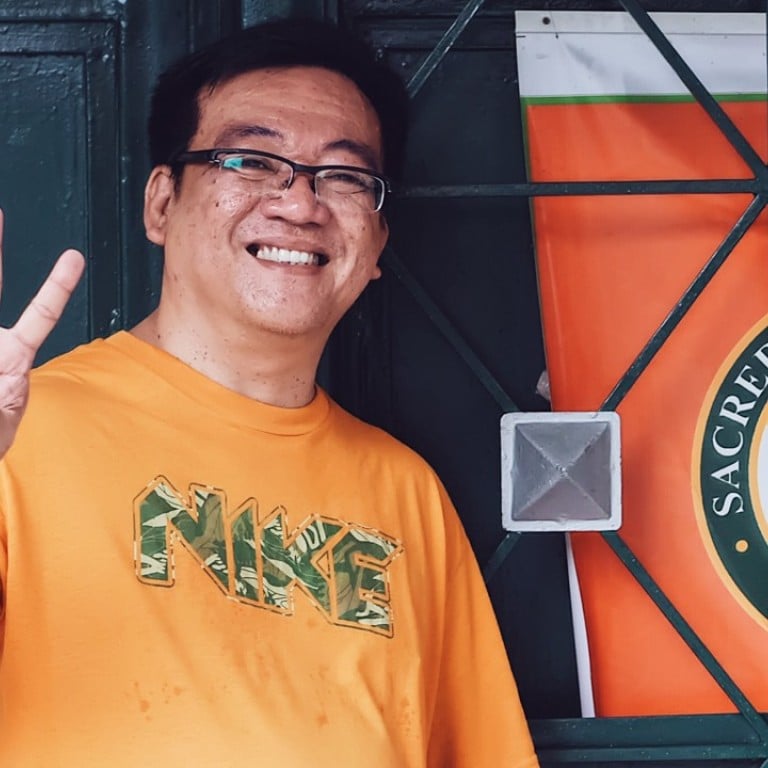
Why left-behind Filipinos back Rodrigo Duterte
For many, the Philippine president’s controversial war on drugs pales in significance to medical services, better roads and safer streets
For the past 45 years, Manuel S. Abad and his family have rented the same house in La Loma, a densely packed barangay (neighbourhood) in Quezon City – part of the sprawling, 28 million-strong Metro Manila conurbation.
The house is 60 square metres. The family of six share two bedrooms, making do with four bunk beds and some mattresses on the floor. Abad grew up sleeping in the same rooms, sharing the space with his four siblings and parents.
For many Filipinos the decades following the “People Power” revolution of 1986 did not bring much in terms of progress.
Lives on hold: Balinese grandmother awaits Mount Agung eruption
“In the 1980s, rent was 500 pesos per month. Now I pay 5,500 pesos[US$106]. Today, it would cost at least 12 million pesos to buy this house,” he said.
Manuel, 49, works as a sales and marketing manager for a lighting company, handling products for multinational companies like Phillips. Born to a lawyer and a mechanical engineer, the father of three boys and one girl speaks excellent English.
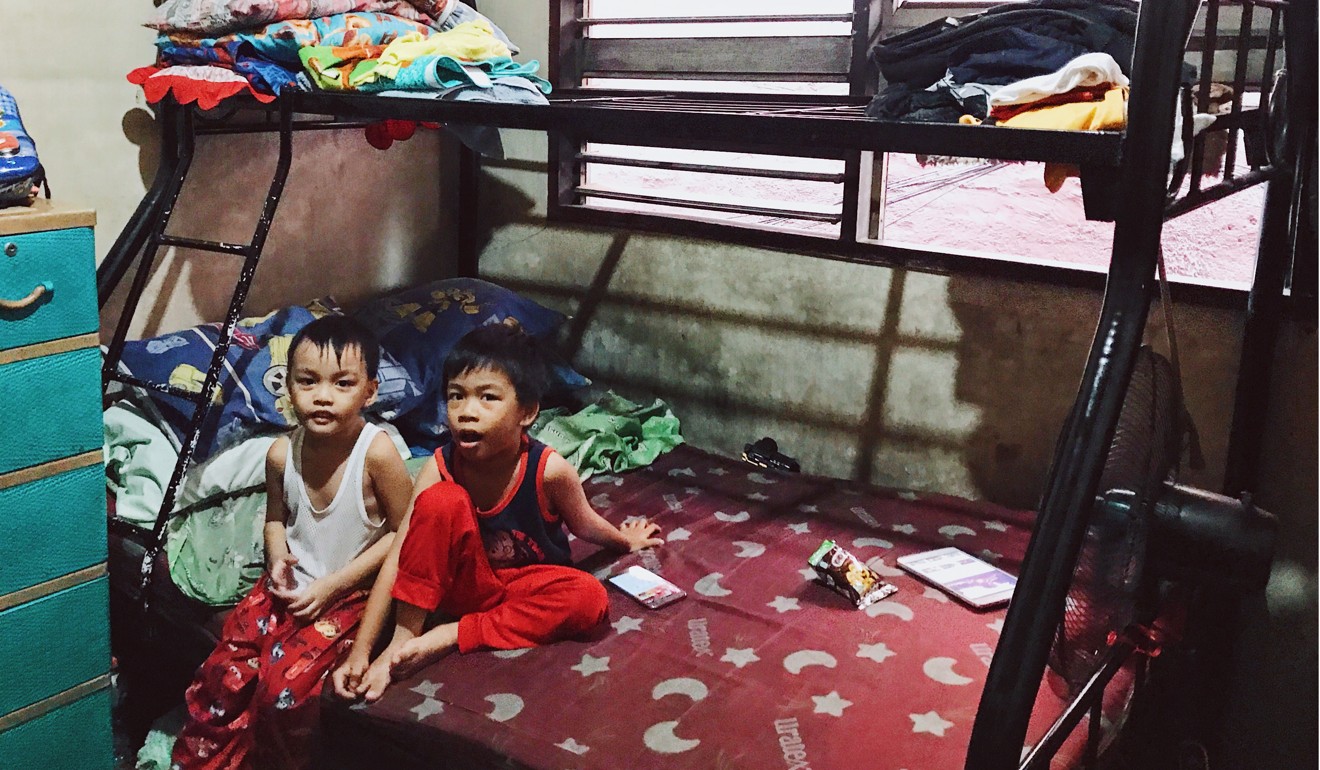
“I had the privilege of going to private school. I was a good student and really enjoyed learning,” he said.
“But when I was still in secondary school, my father retired. I had to find work to support myself. I wanted to go to university, but instead, I found contract work as an animator for shows like Dragon Ball Z and Sailormoon.”
'One bullet, two bodies': A Rohingya's escape, from Myanmar to Malaysian madrassa
“In August last year, Duterte issued Circular No. 4, which directed all presidential appointees to resign. He wanted to get rid of the bureaucracy of corruption and scrutinise all of them. My boss at the time was one of these appointees and I didn’t want to get dragged in, so I changed to the private sector.”
“Now I earn 45,000 pesos a month. Previously, I was earning double that!”
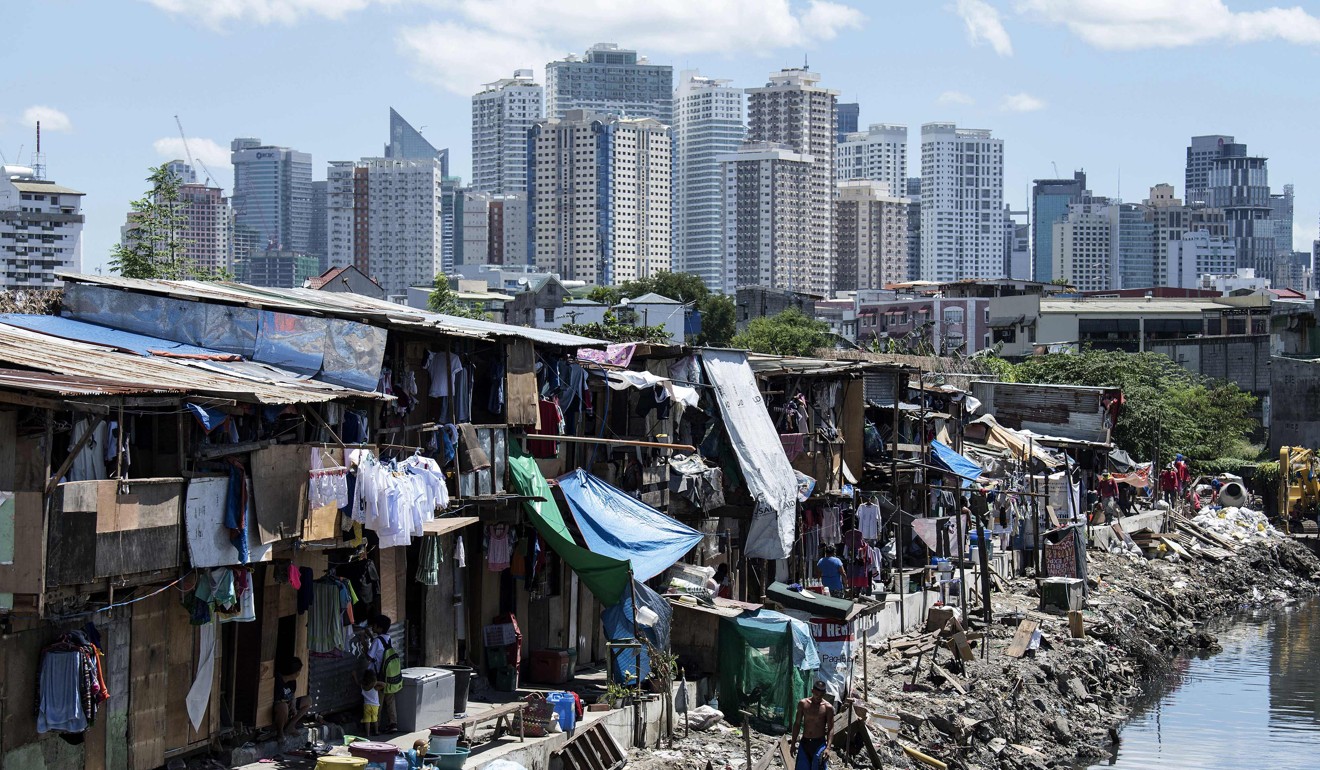
One would expect Manuel to be less than approving of the Duterte. Instead, he turns out to be a staunch supporter of the combative politician.
“Having worked in government before, I can feel the change. Before Duterte, there was a lot of corruption in the agricultural industry. I know of one case where the product cost 5,000 pesos, but was billed for 750,000 pesos instead! Now, it’s monitored closely and the corrupt are punished.”
I ask Manuel what other changes he felt since Duterte came on board.
'Ahok's nothing to do with us': The left-behind Chinese rice millers of Medan, Indonesia
“Five years ago, when I went from here to Makati, it took me three hours. Now, it takes one hour and forty minutes because they now have more regulations for vehicle coding and have improved the flow by making the road a one-way street.”
“I also now have a medical card. With this, I can go to a general hospital and get free consultation. If I go to the [local government office], I can get free health services. It used to be difficult to get a card, but now anyone can get it within three days or so.
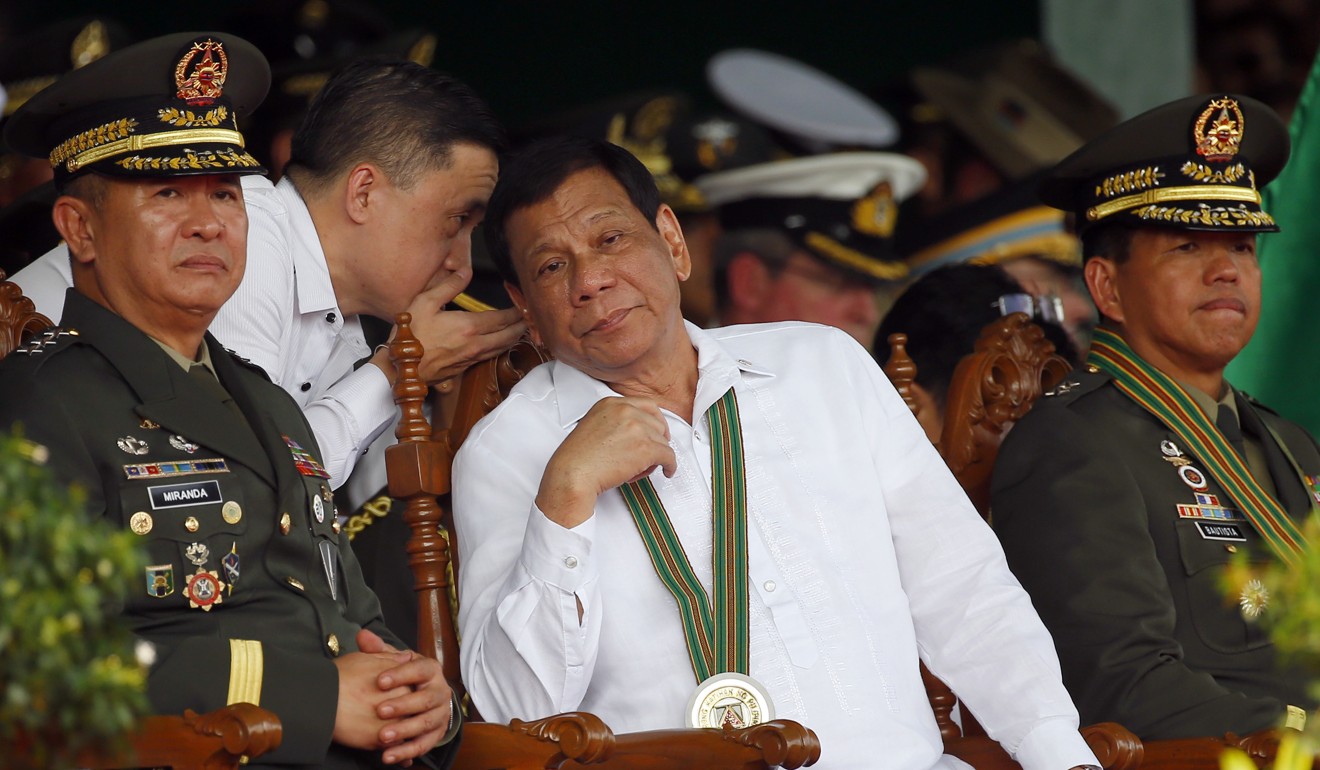
“It used to be so dangerous to go out at night. Now, I feel safe walking outside at night. The police are more active, the drug lords are afraid and there’s just more monitoring of the city.”
Speaking of drugs, I point out Duterte’s campaign against narcotics, including the shooting of teenagers and children, which provoked outrage in certain quarters. Manuel is measured, but unfazed.
Rohingya crisis: what Myanmar's other muslims think of Suu Kyi
“Filipinos are very religious – we don’t want to hurt people. I don’t want to say that the ends justify the means. But at a certain point, you have to consider the majority of the population.
“People have a right to live. But what happens when drugs undermine our own right to live, when they poison our children? If people are kept being told to change and they don’t listen, what then can you do?
“Some say his methods are drastic and unprecedented. But maybe it’s the only way to make things better – because we have tried everything. The past presidents, they’ve tried, but they’re afraid to offend people.
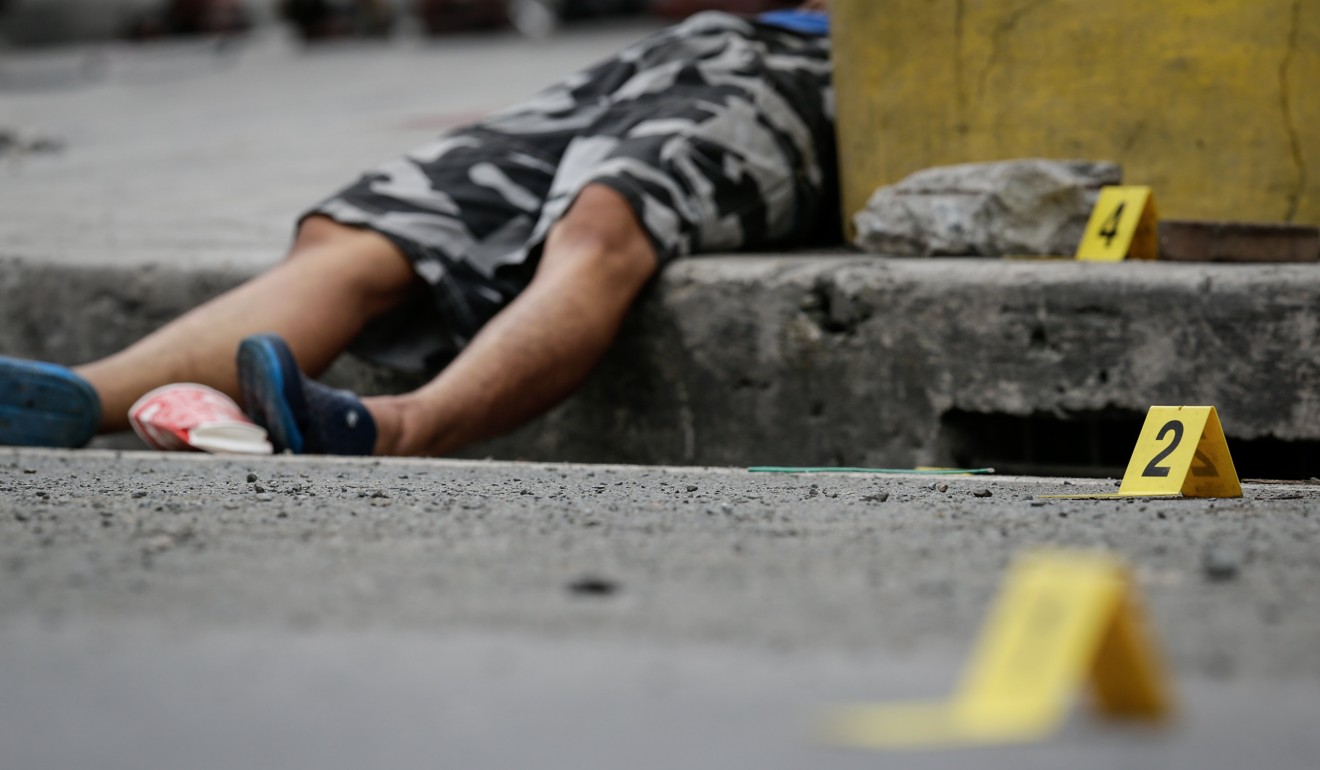
“They are always after popularity. They want to be seen in a good light and they don’t want to affect the relationships they have with other companies or senators.
“The oligarchs will always be there – always condescending. But I feel that Duterte will stand his ground. If ever the oligarchs try to influence him, he will still consider what is best for the Filipinos.”
For decades, the same families have dominated Filipino politics and business: the Osmenas, the Cojuangcos, the Aquinos – the list goes on. For the man on the street like Manuel, the lofty promises of the “People Power” revolution, which toppled the Marcos dictatorship, are yet to be fulfilled.
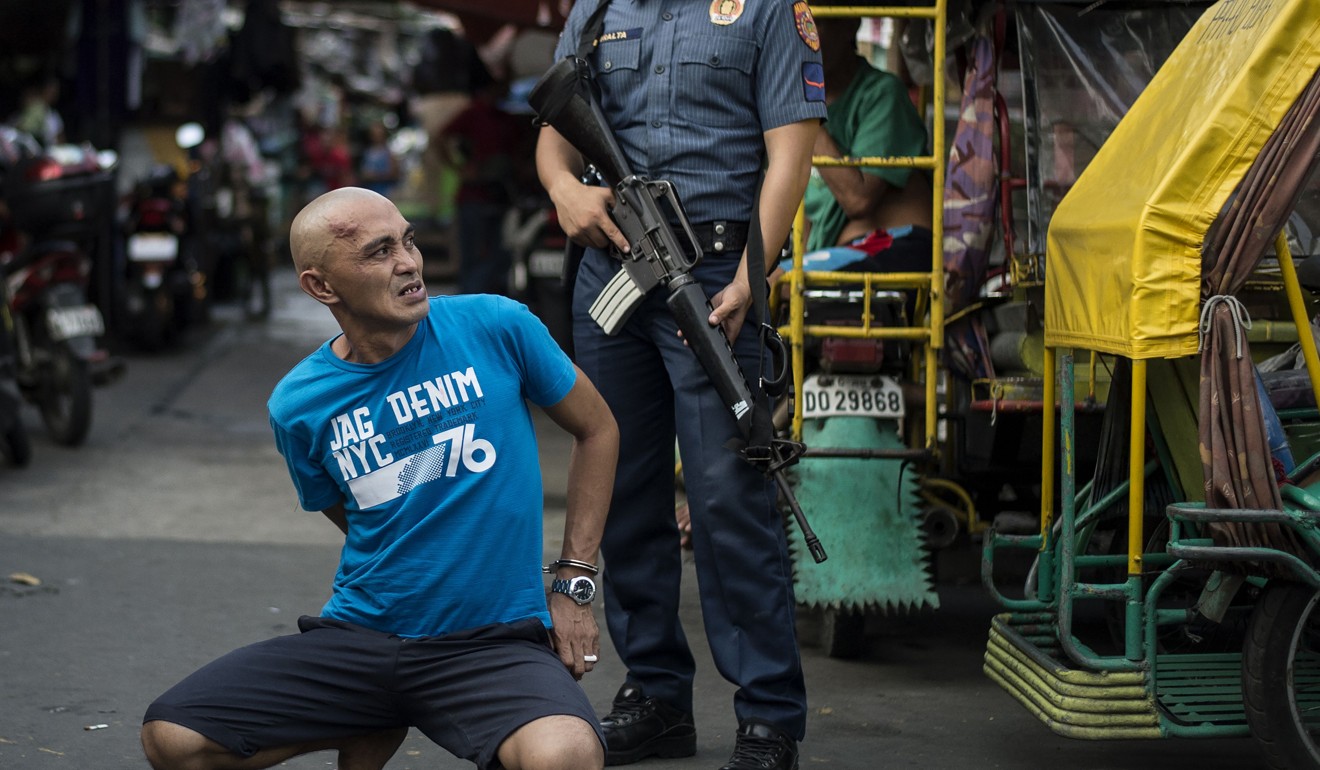
Manuel’s neighbourhood – known for its roast pork – reflects this dismal state of affairs. Over the years, the area has grown more dense, with high-rises packing people into already crowded spaces. Moreover, even after more than four decades living here, Manuel still does not own property.
“One of my friends wanted to get a 1 million peso loan. He was told by the bank he needed to place a 1 million peso deposit to get the loan. How are people like myself supposed to come up with that money? Financial inclusivity is dead in the Philippines.”
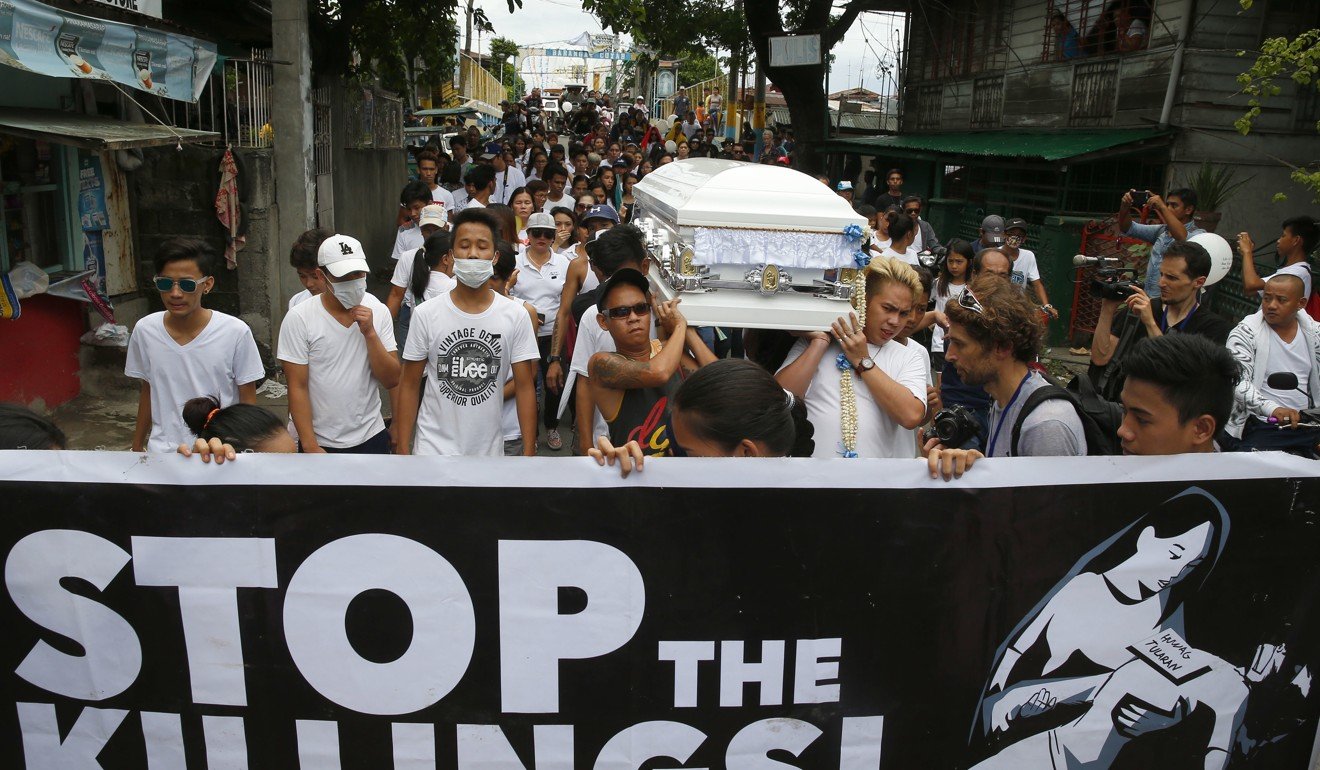
Against this backdrop of stagnancy, Duterte – who comes from a powerful political clan himself – represents change, at least to Manuel and his family. And although recent surveys show his approval rating has fallen 18 points, and doubts are mounting over the efficacy of his bloody drug war, it seems many still consider the president the best way towards a better future – something Duterte needs to deliver on.
How Vietnamese millennials are broadening their horizons
“I have four children. My eldest daughter is working at a call centre. My 17-year-old boy is in Grade 12. Soon he’ll want to go to university. He’s good with numbers and so he wants to be an accountant. I never got to get a degree,” Manuel said.
“On Duterte, I cannot judge the morality of the situation … but I can see results, and as long as I see my surroundings improve, then I will always support him.”
Manuel was also dismissive of the recent drop in Duterte’s ratings.
“There are a lot of things beneficial to the Filipino people that are not being released. There is a saying: if it’s not controversial, it’s not good news.
“For my children’s sake, I have to believe in something. I have to have hope.”

